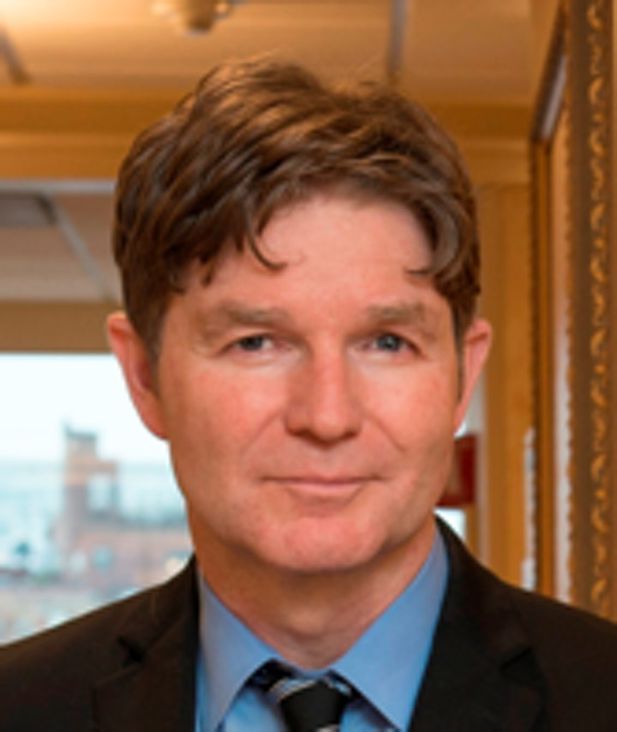The Effectiveness and Mechanisms of Alcoholics Anonymous
- Location
- The Exchange: 3 Centenary Square Birmingham B1 2DR
- Dates
- Monday 8 November 2021 (18:00-19:30)
 Professor John Kelly
Professor John Kelly
The Effectiveness and Mechanisms of Alcoholics Anonymous
with Professor John F. Kelly, Harvard Medical School
Until recently there was confusion about whether Alcoholics Anonymous (AA) could be considered a serious treatment option for people suffering from alcohol addiction and related problems. Dozens of controlled studies, however, have been conducted during the last 30 years looking at AA's effectiveness and cost-effectiveness with recent rigorous systematic reviews demonstrating AA is at least helpful on most clinical outcomes and actually performs better in helping addicted individuals achieve long-term sobriety and recovery relative to other commonly deployed clinical interventions, such as cognitive-behavioral therapy. Mechanisms research also has uncovered many of the ways AA is able to confer this benefit. This talk will review the latest findings on the clinical and public health benefits related to AA participation and describe the various ways AA has been shown to help people achieve stable remission and recovery.
Prof Kelly is the Elizabeth R. Spallin Professor of Psychiatry in Addiction Medicine at Harvard Medical School - the first endowed professor in addiction medicine at Harvard. He is also the Founder and Director of the Recovery Research Institute at the Massachusetts General Hospital (MGH), the Associate Director of the Center for Addiction Medicine (CAM) at MGH, and the Program Director of the Addiction Recovery Management Service (ARMS). Dr. Kelly is a former President of the American Psychological Association's (APA) Society of Addiction Psychology, and is a Fellow of the APA and a Diplomate of the American Board of Professional Psychology. He has served as a consultant to U.S. federal agencies and non-federal institutions, as well as foreign governments and the United Nations. Dr. Kelly has published over 200 peer-reviewed articles, reviews, chapters, and books in the field of addiction medicine, and was an author on the U.S. Surgeon General's Report on Alcohol, Drugs, and Health. His clinical and research work has focused on addiction treatment and the recovery process, mechanisms of behavior change, and reducing stigma and discrimination among individuals suffering from addiction.
Prof Kelly's presentation will be followed by a brief presentation by Dr Ed Day on Better Than Well, a new program at the University of Birmingham to support students in recovery from all forms of addiction based on the Collegiate Recovery Program model.